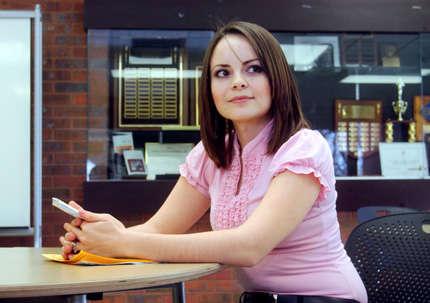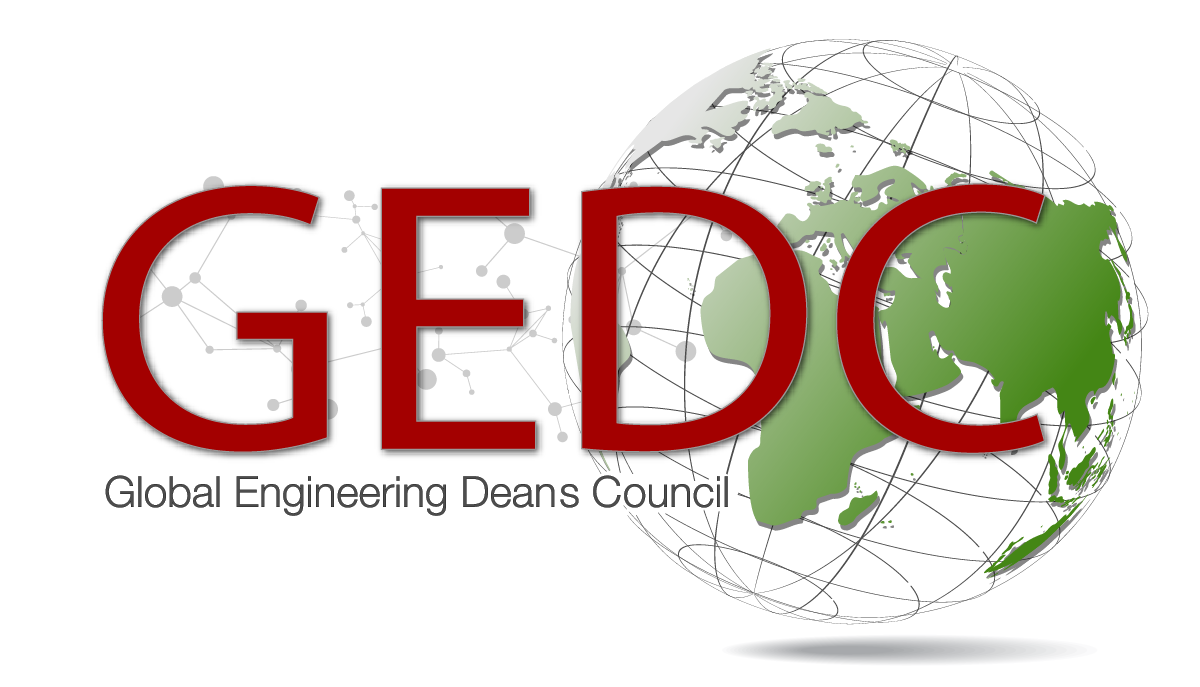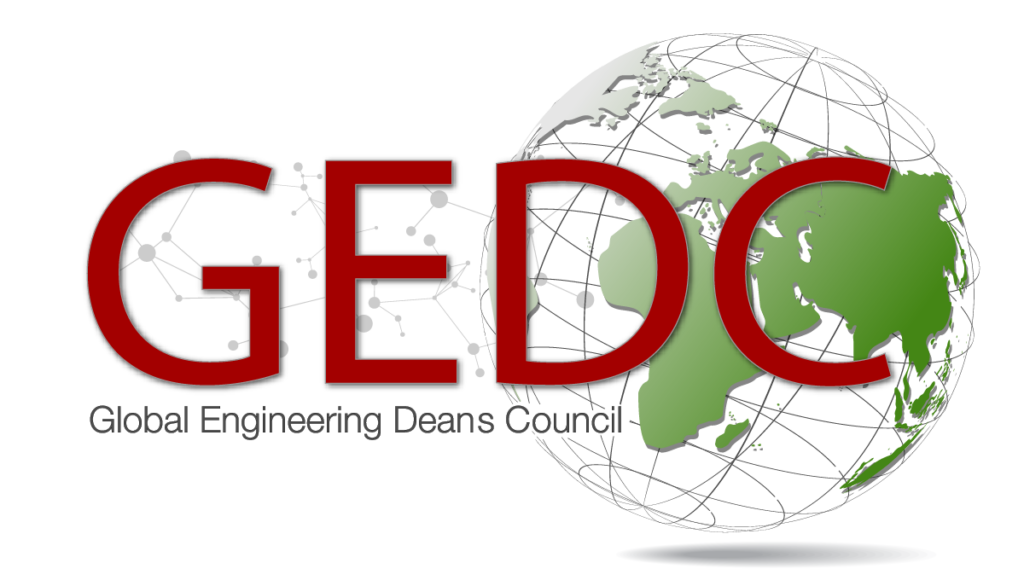Diversity Award
2023 GEDC DIVERSITY AWARD Winner

For 45+ years, the USC Viterbi School of Engineering (VSoE) has collaborated with K-12 schools, teachers, faculty, and students to strengthen STEM pathways that broaden college and career options. The programs and research-based interventions offer year-round, project-based experiences that support the Common Core and Next Generation Science Standards and serve the nation’s urgent need for a STEM-ready workforce. In order to manage the growing enterprise, Dean Yannis C. Yortsos consolidated all K-12 STEM Outreach efforts into The USC Viterbi STEM Center in 2019, to leverage resources, develop STEM pipelines, and utilize best practices.
In alignment with USC’s commitment to access and opportunity, the K-12 STEM Center is committed to inclusion, diversity, equity, and access (IDEA) in the STEM fields. The K-12 STEM Center develops strategies and builds initiatives to meet the needs of a diverse population, specifically in efforts to increase the representation of African American/Black, Hispanic/LatinX, Native/Indigenous, and female students in its STEM programs. These efforts include targeted outreach, mentorship, and scholarships. On an annual basis, the Center works with more than 18,000 students, 98% of whom are historically underrepresented in STEM, impacting 927 schools per year. To date, the Center has engaged 1088 volunteers, totaling 13,326 volunteer hours.
2023 GEDC DIVERSITY AWARD Sponsors

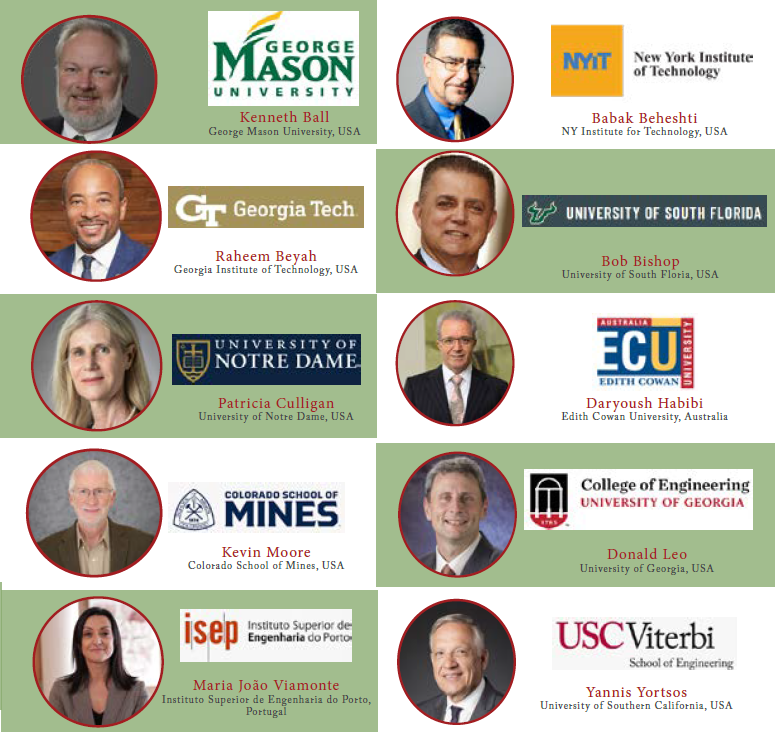
About Past Awards
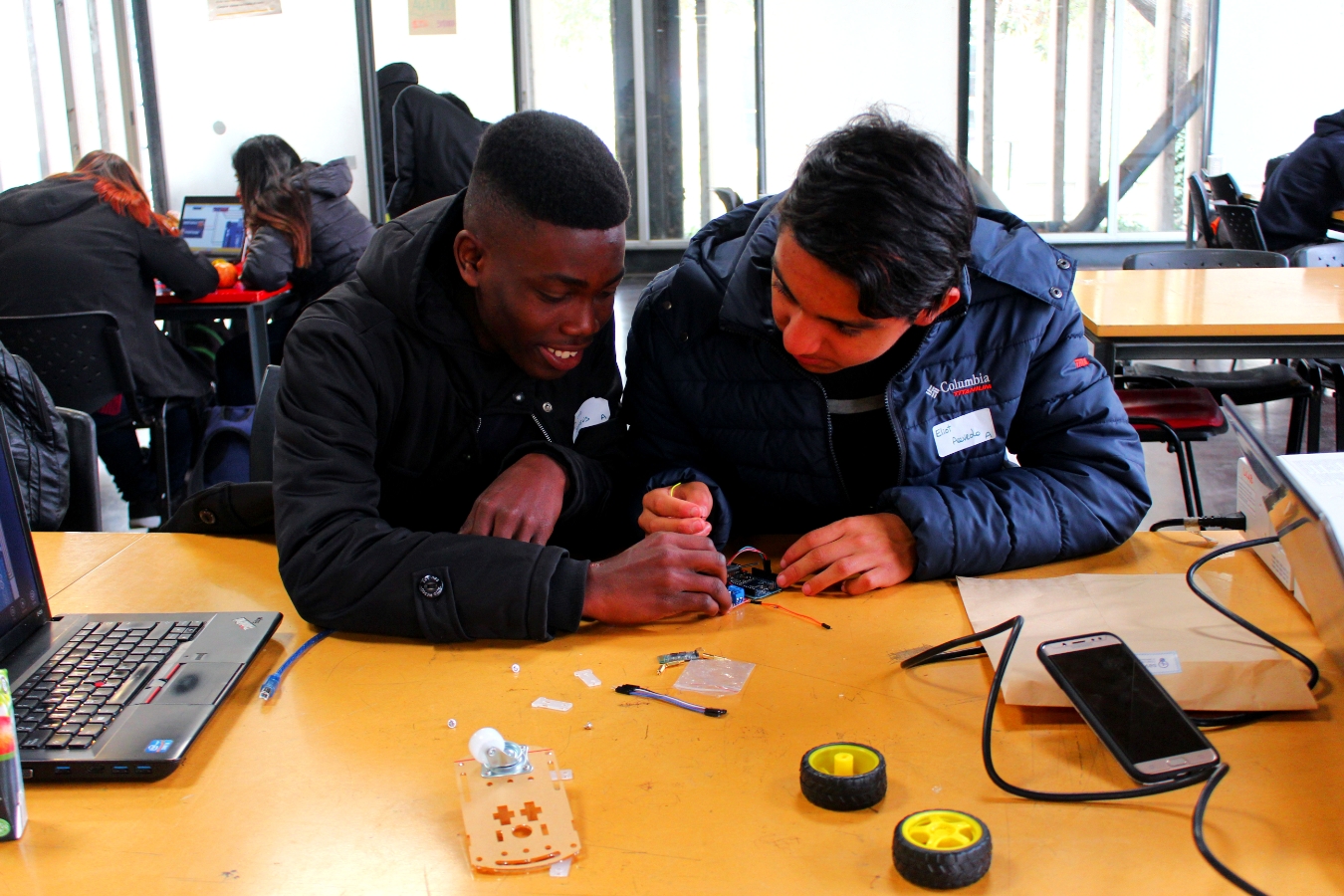
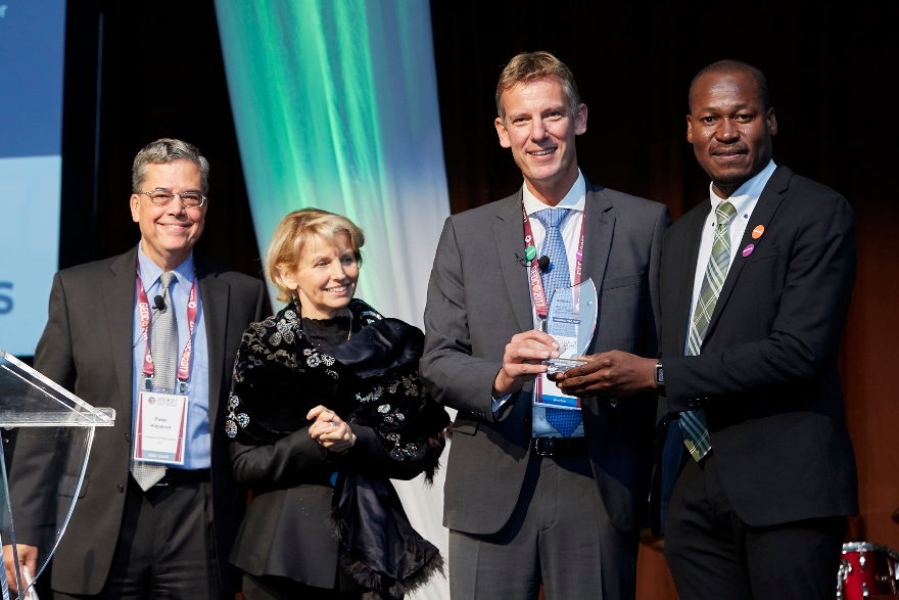
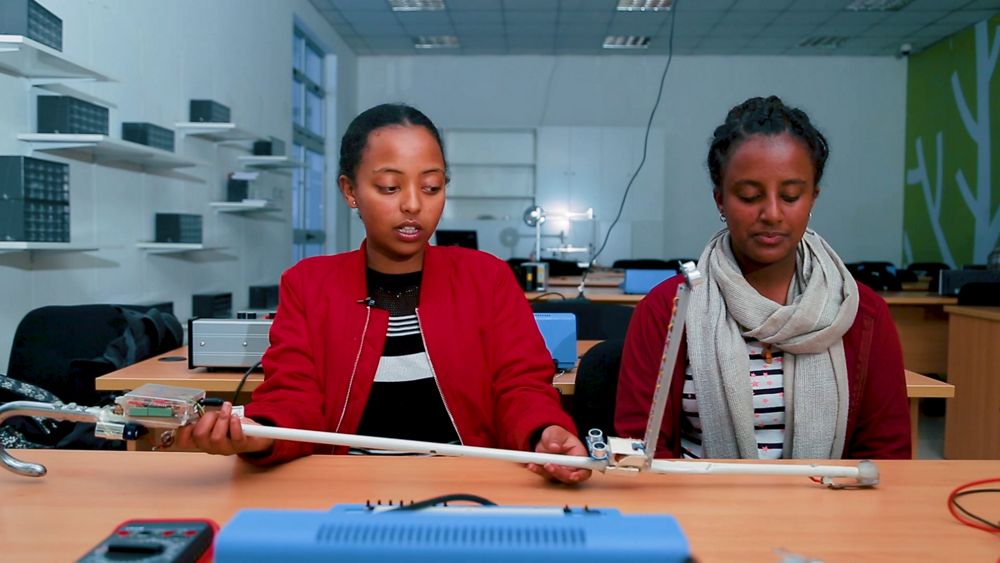
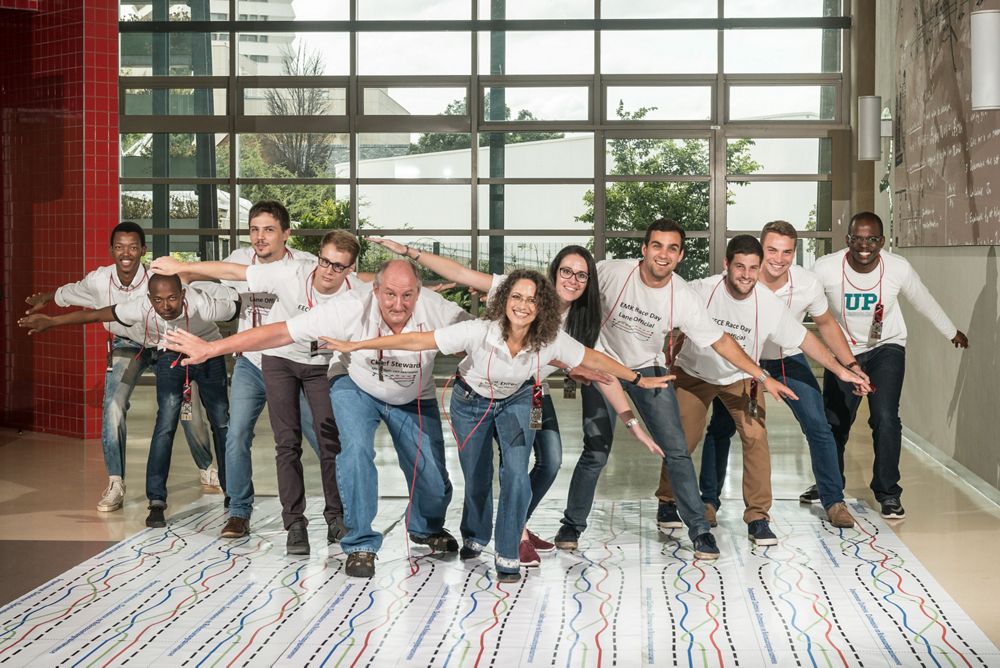
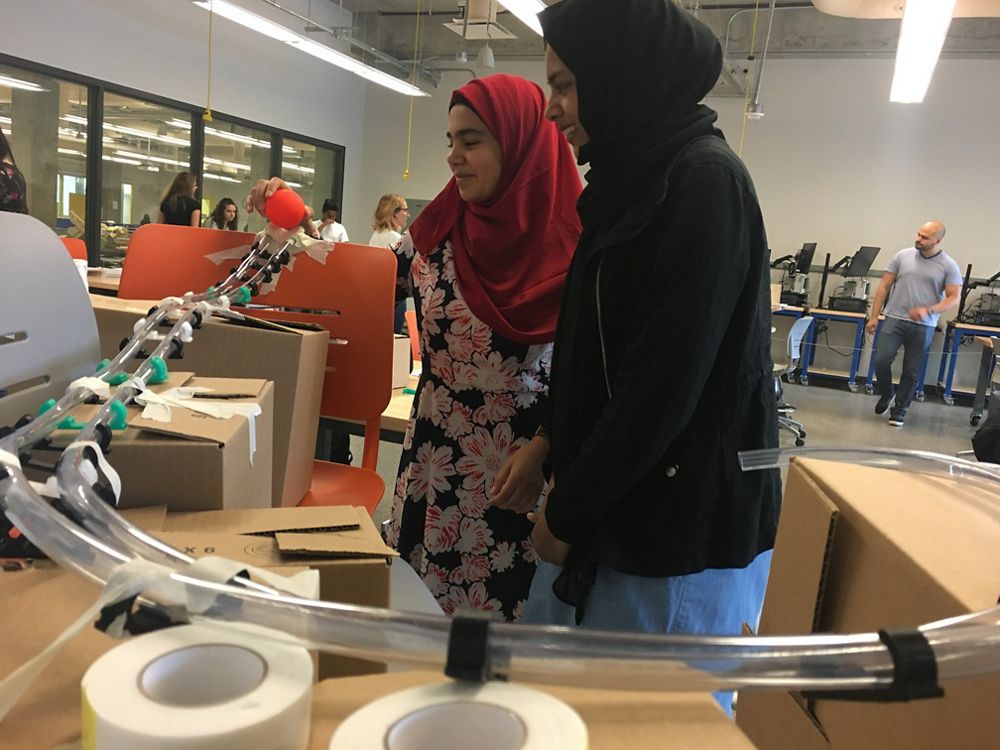
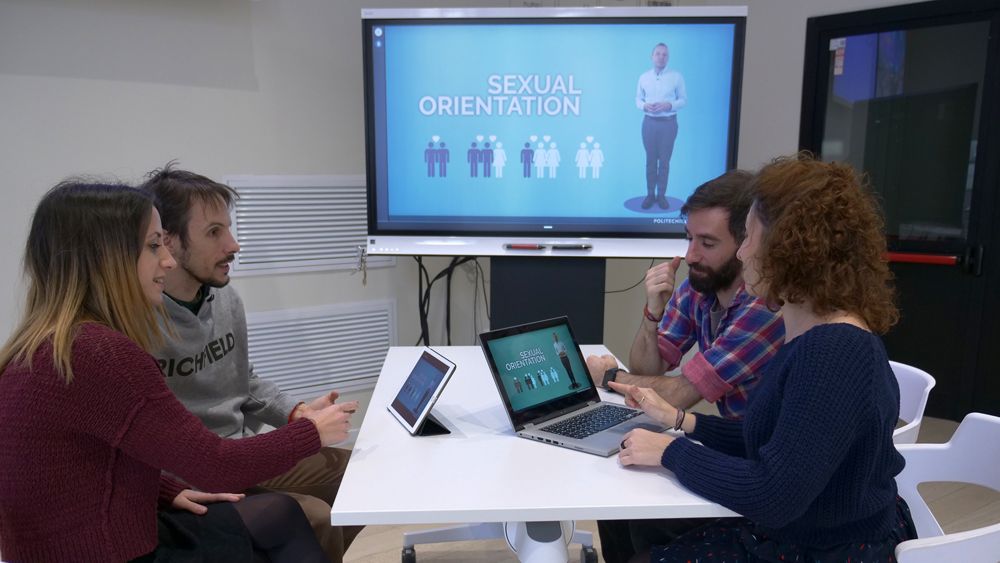
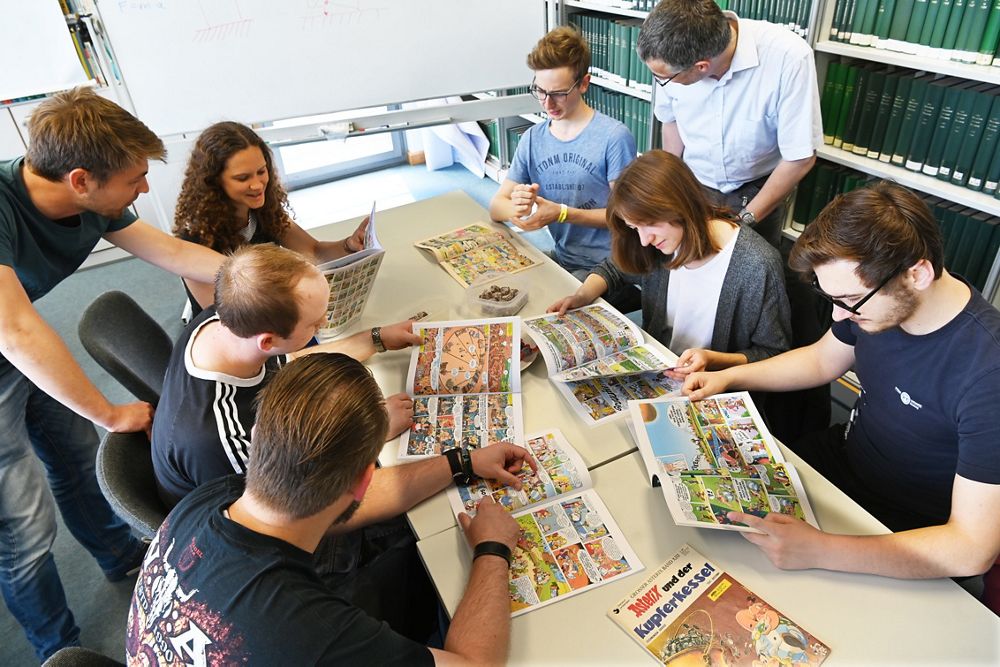
This pioneering award recognising projects which have shown to increase diversity in Engineering Education was initiated by Airbus in 2012 in partnership with the Global Engineering Deans Council (GEDC).
The award was launched to shine a light on successful grassroots projects that have inspired students from all profiles and backgrounds to study and succeed in engineering, leading the way for a more diverse and inclusive engineering workforce.
After seven memorable editions, in 2020 Airbus worked with the GEDC to open up the award to new partners. Since then, this time-honored annual tradition of the GEDC has continued to recognise innovative projects from around the world and is currently held in partnership with George Mason University and Siemens. Each successive GEDC chair has worked in close partnership with the Award partners and the Award Committee to develop the initiative and this work will be continued by Sunil Maharaj, elected GEDC Chair from 2021 to 2023.
In 2022, the Siemens Empowers Education and Startups Team joins the World Engineering Education Forum (WEEF) and Global Engineering Deans Council (GEDC) in Cape Town International Convention Center in Africa. The sponsorship is supported by Siemens Digital Industries Software in partnership with Nelson Mandela University.
Recipients
Each year, we receive an abundance of amazing projects all around the world and these are just a handful of amazing and impactful programs happening around the world. Learn more about these projects and others with the Diversity Award ebook.
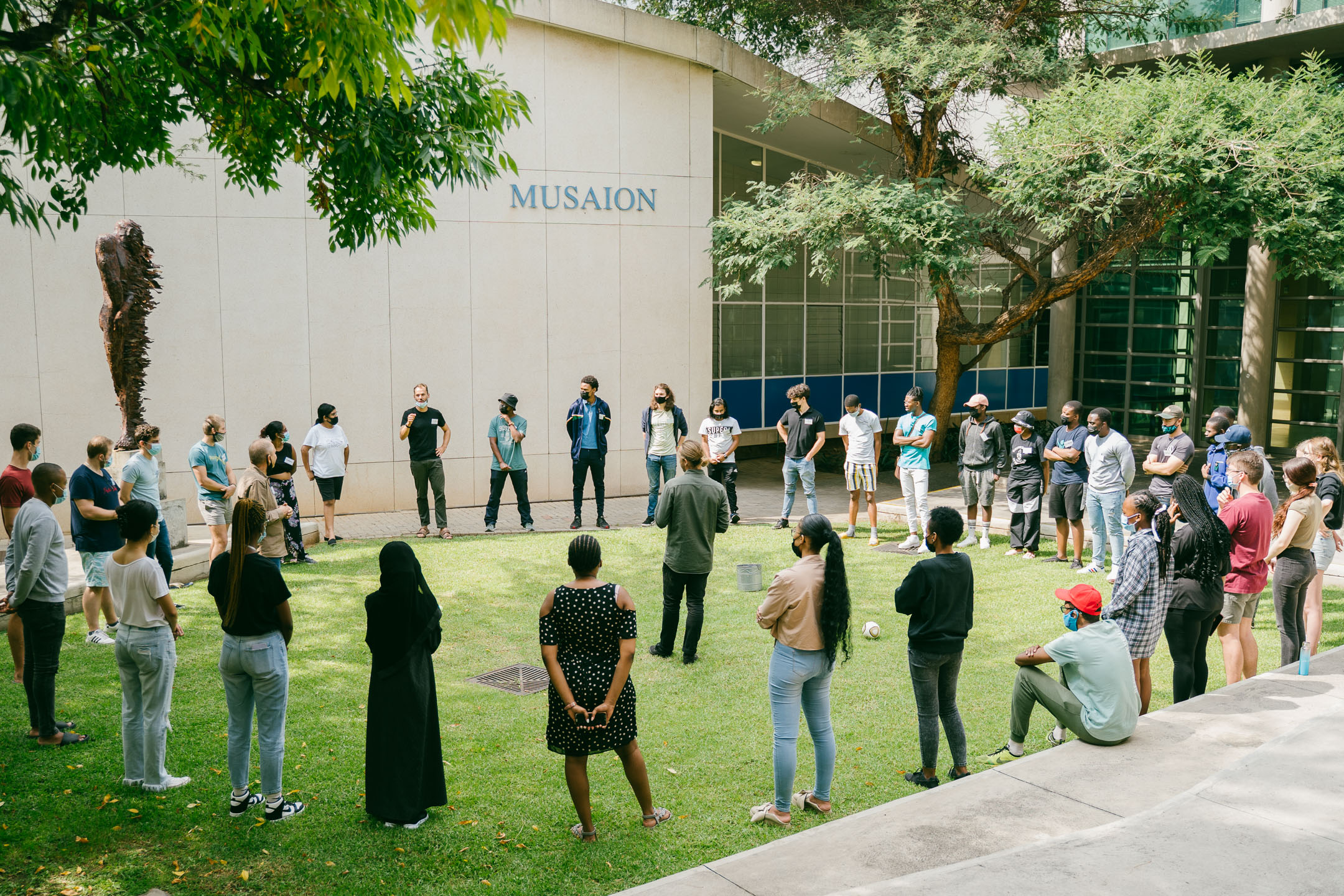
Large-scale Experiential Learning Community Engagement
University of Pretoria | South Africa
This experiential learning module intends for the student to develop, through reflection, understanding of their own experience in a team-based works space as well as a broader understanding of the application of their discipline knowledge and its potential impact in their communities in this way also enhancing their sense of civic responsibility.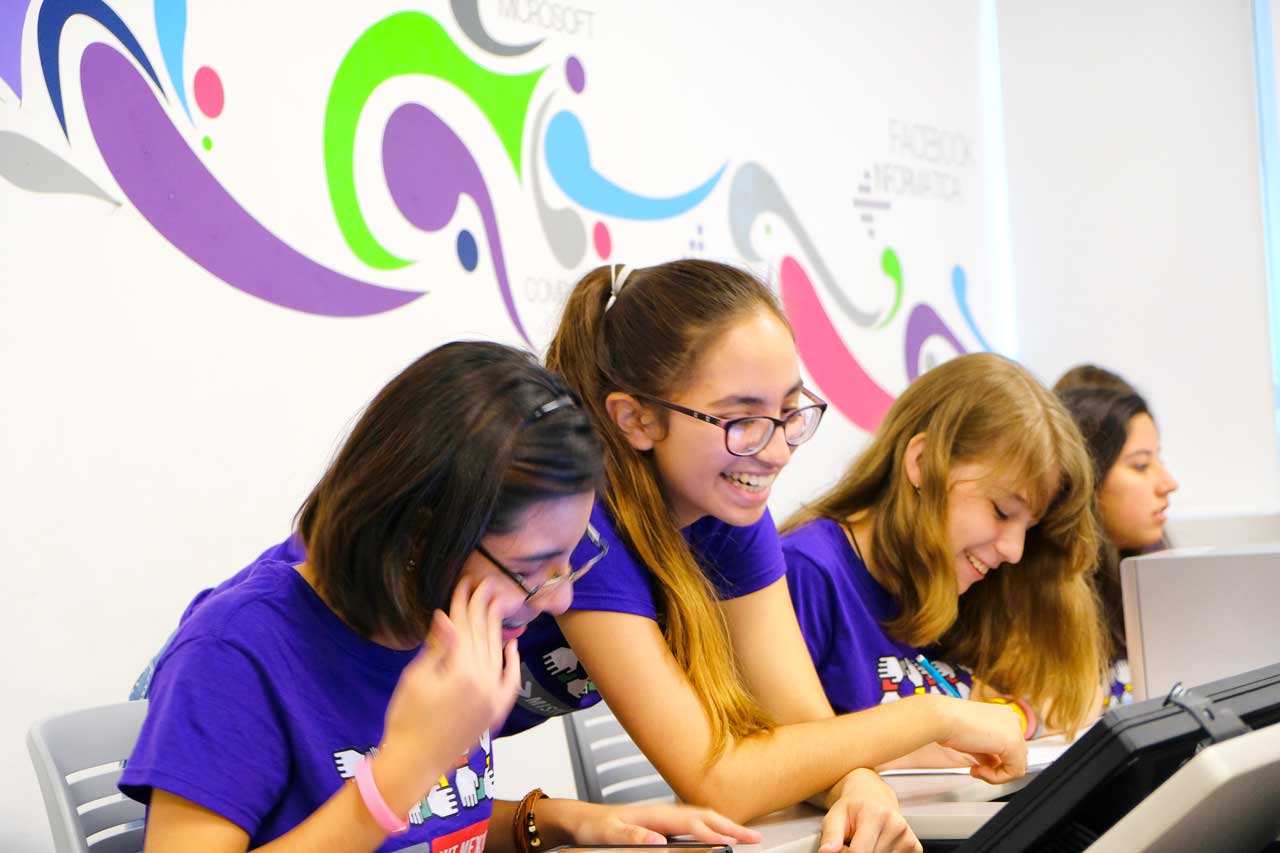
Patrones Hermosos
Tecnológico de Monterrey | Mexico
Beautiful Patterns seeks to reduce the gender gap in stem students at a college level in Mexico. It does so by empowering adolescent girls through education. Girls participate in a one-week program learning algorithmic thinking skills and computational tools. It is a program taught by women to women. Female engineering students from MIT and TECde Monterrey teach girls to love stem so they can choose it as a career path. The program consists of a 5-day training camp, 6 hours of work per day plus one hour for lunch, where girls learn different methods and tools to develop logical thinking and computational algorithms with teaching methodology based on problem solving in an atmosphere of play, fun and conviviality.
EPICS
Purdue University | United States of America
EPICS is a design-based community engagement program where university and K12 students identify needs within their local or global communities, develop partnerships and work with their partners to develop solutions to those needs. EPICS began at Purdue University and has expanded to more than 50 other institutions globally and more than 100 middle and high schools within the USA. EPICS brings together diverse groups of students with members of diverse communities to address problems and aligns with diversity research advocating for a connection between engineering and human, community and environmental needs.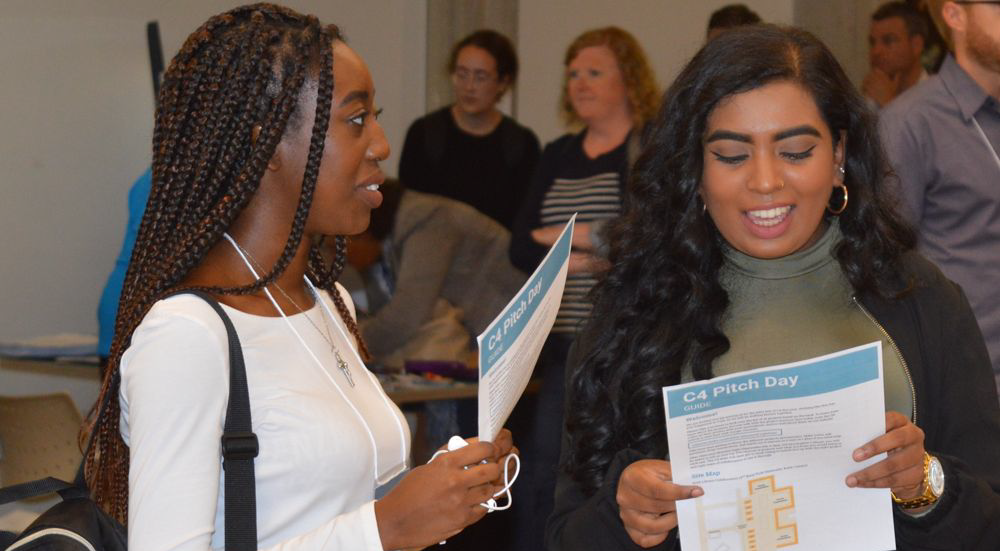
Cross-campus capstone classroom (C4)
York University | Canada
C4 was created to break down disciplinary barriers between students and explore how diverse teams solve problems together. In its inaugural year, students from five programs, are working in multidisciplinary teams to create sustainable solutions to social-impact challenges from companies, nonprofits, startups and government linked organizations. This full year capstone experience helps students recognize the value of their own interdisciplinary skills, learn how to work effectively across boundaries and understand that today's problems need us to come together, learn with each other and find our common purpose. Click here for Winner Announcement.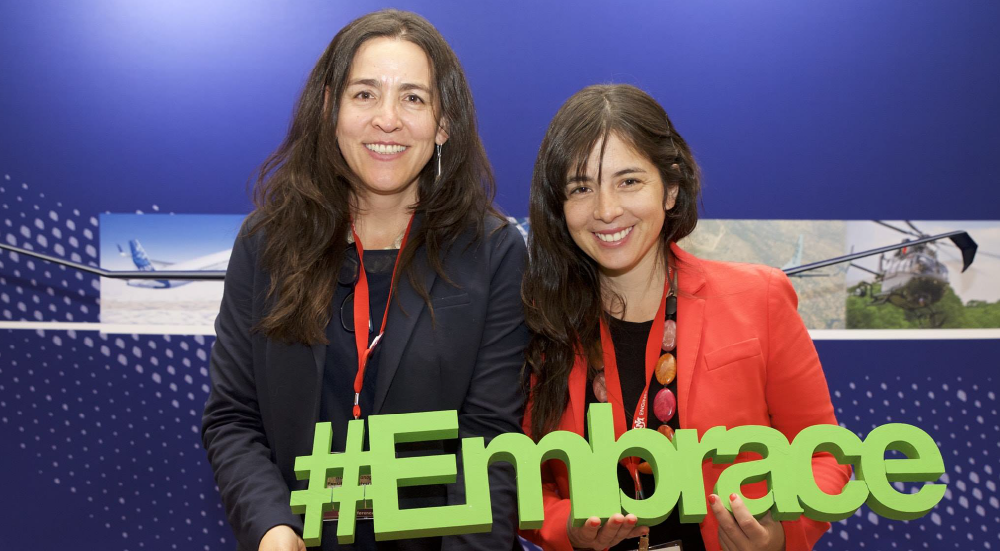
SaviaLab
Pontificia Universidad Católica de Chile | Chile
A STEM education for indigenous minorities and young people in rural areas, bridging the gap of opportunities. Individuals are taught tools for context assessment to create initial prototypes, and at a more advanced level, receive a technological workshop including 3D printing (Fused Deposition Modelling) and basic programming of an Arduino (microcontroller). Since 2014, the project has engaged over 3,300 students from 7 regions. The project also empowers the minorities within its Engineering programme (women and first-generation university students) who travel around Chile, training teams and teachers, and become role models to young people who start viewing STEM careers as an opportunity.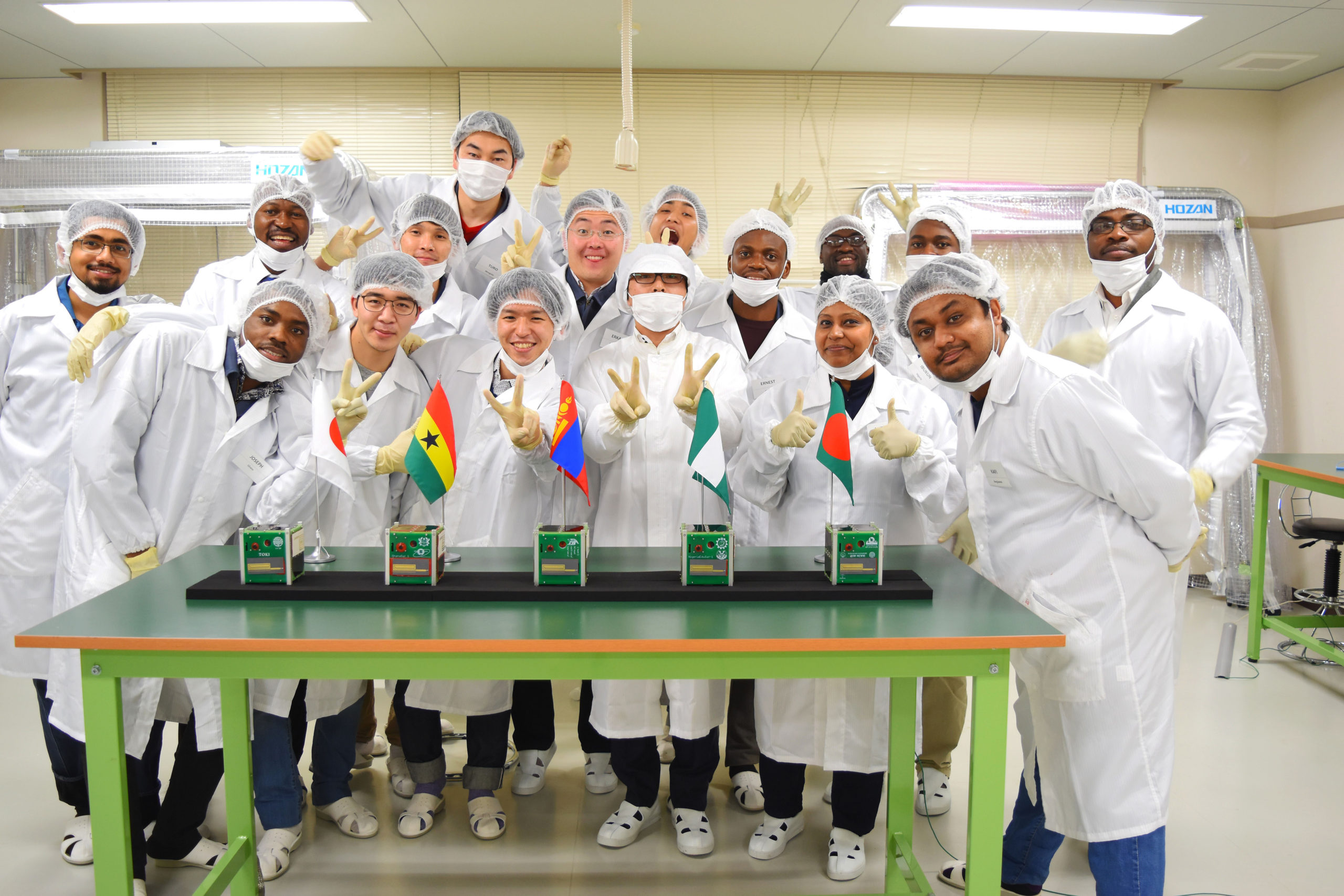
BIRDS Satellite Project
Kyushu Institute of Technology | Japan
BIRDS Satellite Project trains graduate students from developing countries—including Ghana, Nigeria, Mongola, Bangladesh and Thailand—in using cost-effective innovative systems engineering to execute a comprehensive two-year satellite project, with the long-term goal of equipping them to commence a sustainable space program in their respective home countries. This collaborative program provides an opportunity for young engineers to compete in today's global market by teaching specialized waste-minimizing systems engineering models, developing core skills and building a supportive peer network. The project creates a sustainable pathway for participants to implement training initiatives in their home countries, contributing to the globalization of engineering education.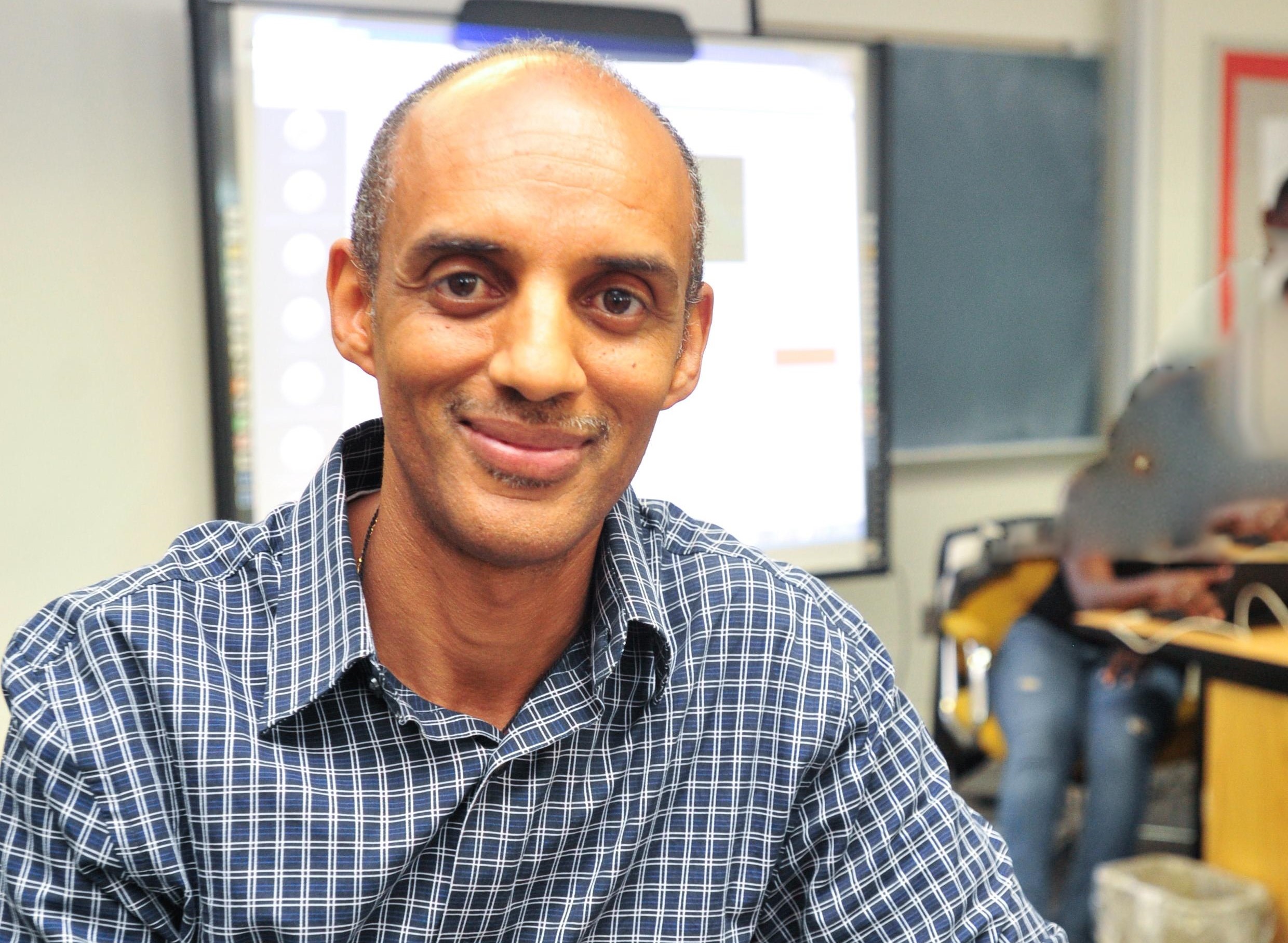
Yacob Astatke
Morgan State University | United States of America
Dr. Yacob Astatke was selected as the recipient of the 2016 award for his impressive introduction of technology and training initiatives across universities in Ethiopia. For the past 14 years, he has worked to improve the delivery of engineering education in Ethiopia through teaching graduate courses, sharing best practice and delivering training. Since 2009, he has led the implementation of Mobile Studio™ Technology in five universities in Ethiopia. This portable instrumentation Input/Output IO-board enables students to conduct hands-on exploration of electrical and computer engineering (ECE) concepts. Dr. Astatke has been instrumental in facilitating the donation of equipment and other resources.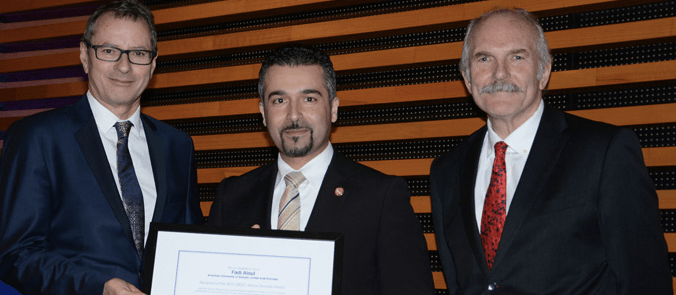
Fadi Aloul
American University of Sharjah | United Arab Emirates
Fadi Aloul was selected as the award recipient for his key role in developing a program to introduce first-year undergraduate students to the engineering profession and stimulate their critical thinking and creativity. Results show that the course has had a positive impact on the students' interest in engineering and helped to increase their motivation and deepen their understanding of the relevance and impact of their own discipline in solving real-world problems. The retention rate has increased over the years, reflecting the course's significant impact in attracting and encouraging students with different profiles and backgrounds to study and succeed in engineering.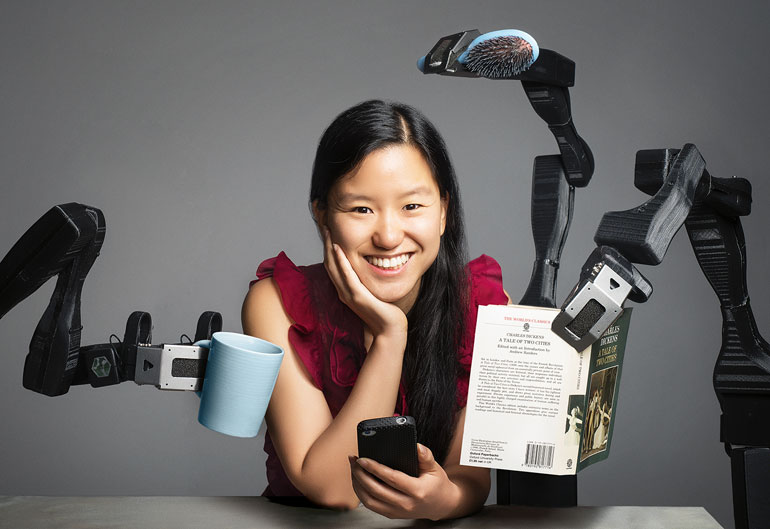
Marita Cheng
Robogals | Australia
Marita Cheng is the founder of Robogals, an initiative designed to inspire girls aged 10-14 to choose engineering and technical careers, as well as a global community of engineering students committed to the cause of greater diversity. Through a varied, exciting program of workshops, training, student challenges, a Robogal Ambassador program and a dedicated outreach program for rural and regional areas, Robogals has so far reached over 80,000 girls worldwide, utilizing a largely volunteer workforce of university students. From its inception at the University of Melbourne it has grown into an international organization with chapters at over 30 universities.